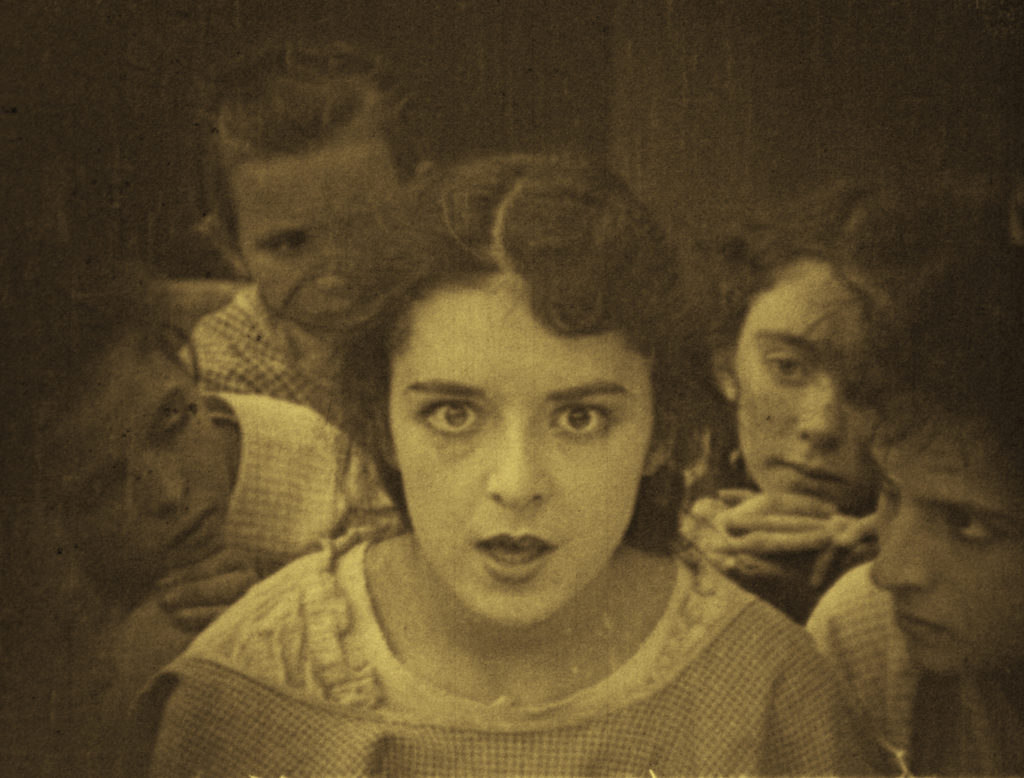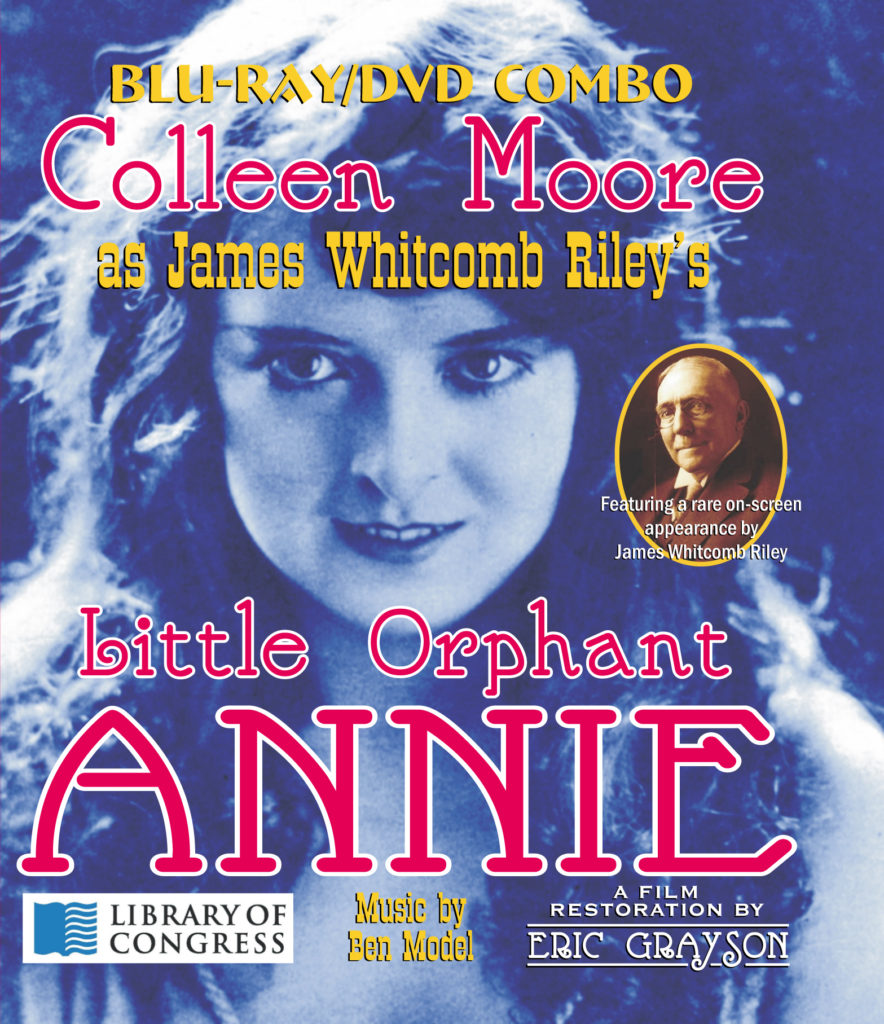I’ve recorded a lot of scores for DVD releases, and it’s always interesting to me which ones stick in my mind, and which ones don’t…and everything in between. Creating is such a subjective process and it’s almost impossible to foretell the audience’s experience either during a show or with a recording.
For instance, I’ve noticed over the last number of years that when I feel like a score is going poorly during a show, any response I get from the audience — either from the applause the film gets at the end or in individual comments to me afterwards — that the score has actually gone over really well. My wife has reminded me of this repeatedly, and thanks to her I now can usually able to tell myself when I feel like the score’s bombing that it’s actually going over really well, and to shut up and keep playing.
I have strong memories of creating and recording my scores for Kino’s releases of Edison: The Invention of the Movies, Fritz Lang’s The Spiders, Valentino in The Sheik, as well as for a handful of shorts on the Laughsmith Mack Sennett Collection for instance. I’ve gotten “I really liked your score for _____” on several other releases I’ve scored where for some odd reason the score didn’t make as much of an impression on me. They’re all good scores, I imagine, it’s just that it’s so subjective, and you never know how it’s going over outside your own brain.
And of course, there’s a range in-between these two ends of the spectrum.
Which is why I was so surprised and impressed that Eric Grayson told me that my piano score for Little Orphant Annie was one of the best he’d ever heard of mine. Eric and I have known each other since we connected in the late 1990s via my Ernie Kovacs website (now offline) and he’s heard me a lot, and really knows what’s he’s talking about. I just didn’t realize how effective what I’d recorded for his Blu-ray/DVD release of the film actually was.

Little Orphant Annie (1918) is the earliest surviving feature film starring Colleen Moore. It’s from her pre-Flaming Youth (1923) flapper era. It hasn’t survived well, and the film deserves a better reputation, but it’s only been available in versions with scenes missing or out of order and not-so-great image quality. To coincide with Indiana’s bicentennial in 2016, Eric took it upon himself to undertake a roll-up-your-sleeves restoration of the film.
The film is based on the poem by Indianian James Whitcomb Riley, whose only appearance onscreen is in this film. If you know an old children’s story or book with the admonition “The Gobble-Uns ’ll Git You Ef You Don’t Watch Out!”, that’s what this is…and not the “Glorioski” comic with the girl with blank eyes.
Eric was able put the film’s scenes in the right order, fill in scenes with shots from and a handful of different vintage 16mm prints, and filled out a couple sequences by accessing a deteriorating tinted 35mm nitrate reel of the film that also enabled him to reinstate the film’s original tinting scheme. All done working with high-end digital scans of the pieces of the film that also got stabilized and cleaned-up.
The film now is as good and as complete as it’s going to be, without having access to a time machine to go back and get the printing negative, and is absolutely worth checking out — or revisiting if you’ve only seen it on YouTube or on budget DVDs.
And, apparently, the score’s not bad either.
